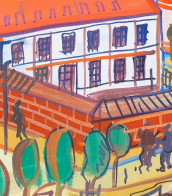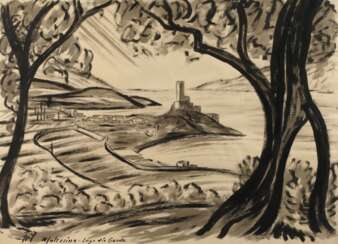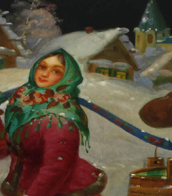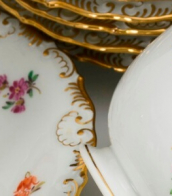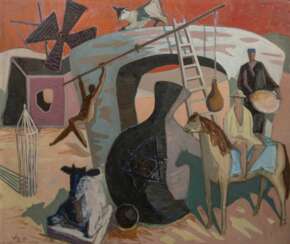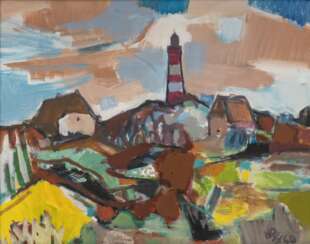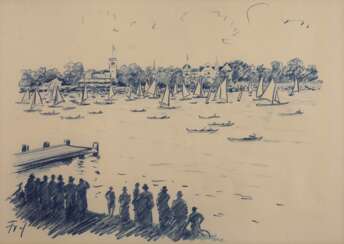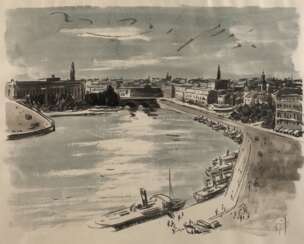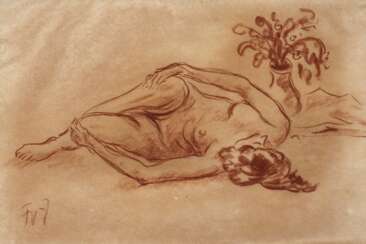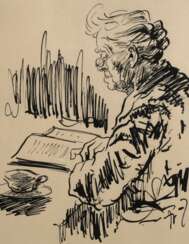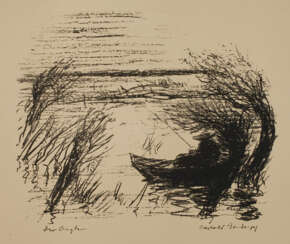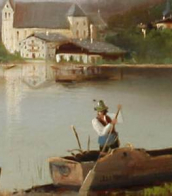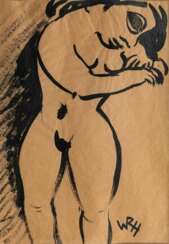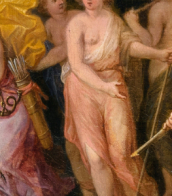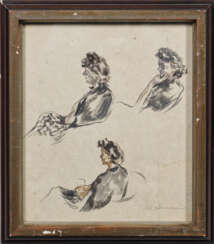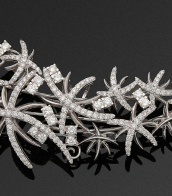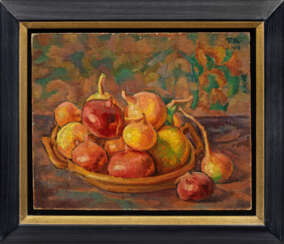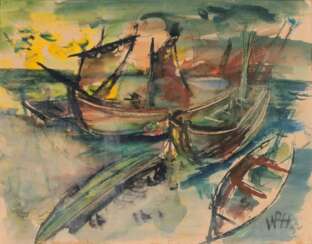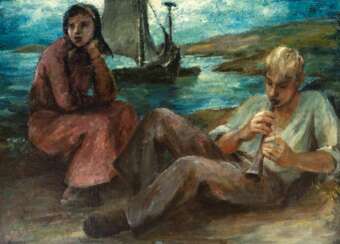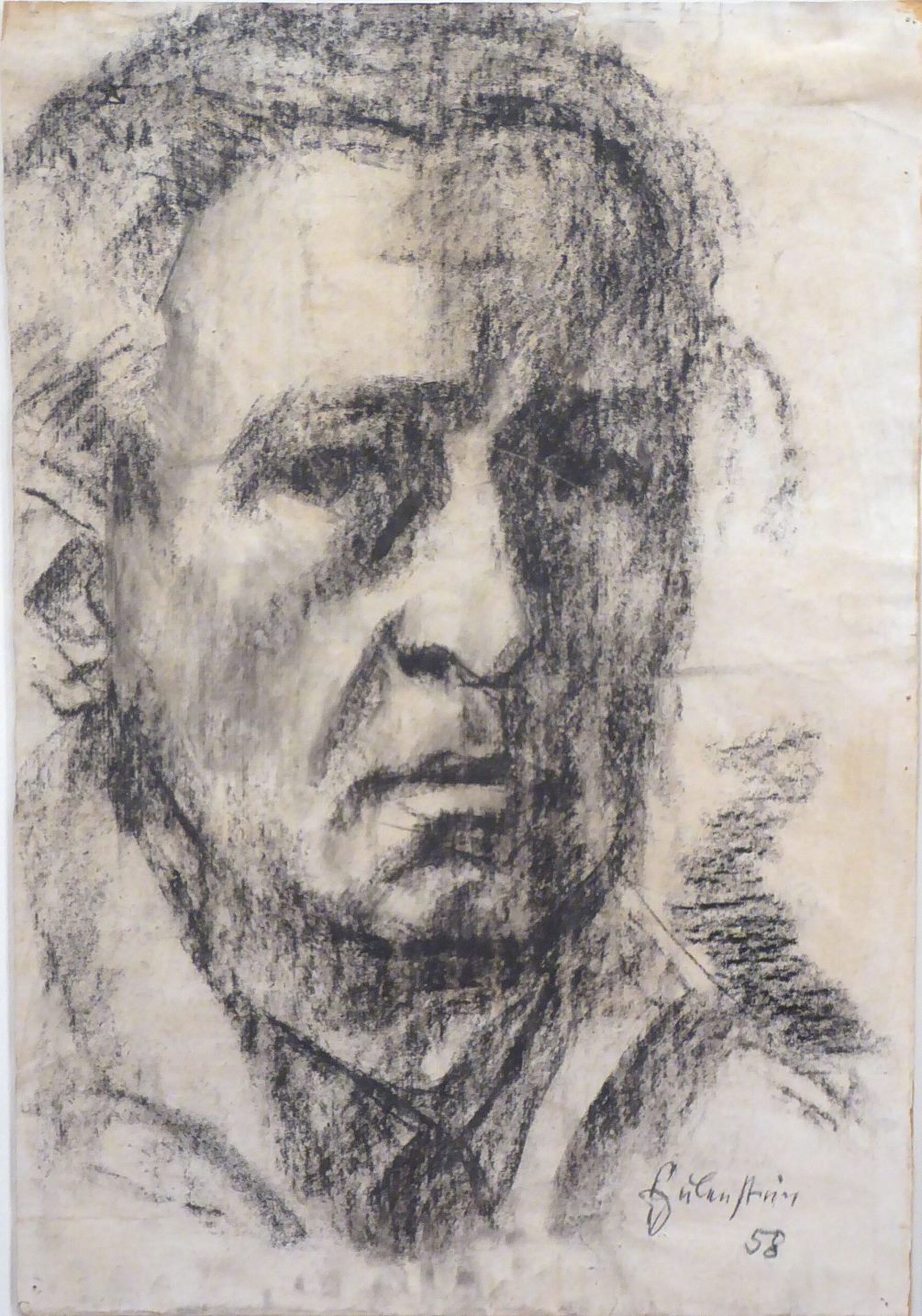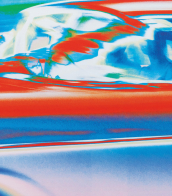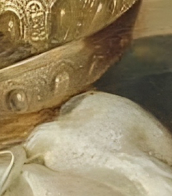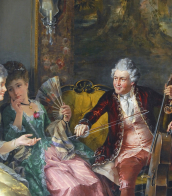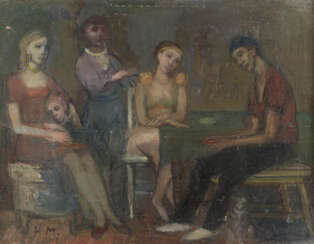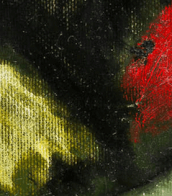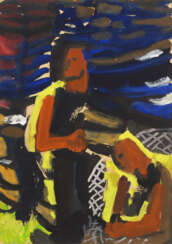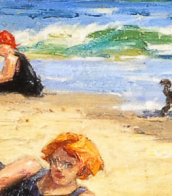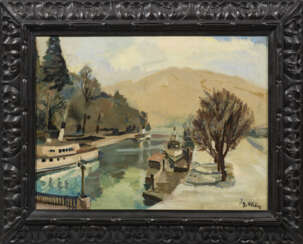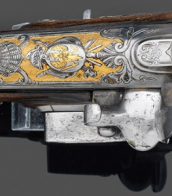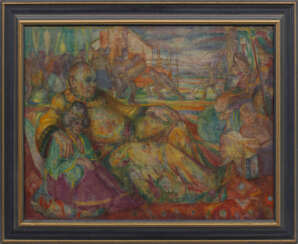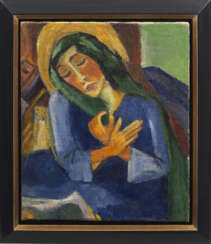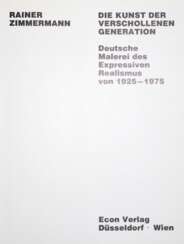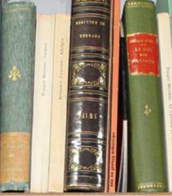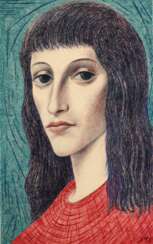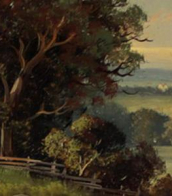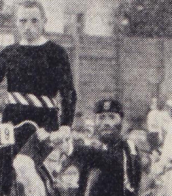die verschollene generation
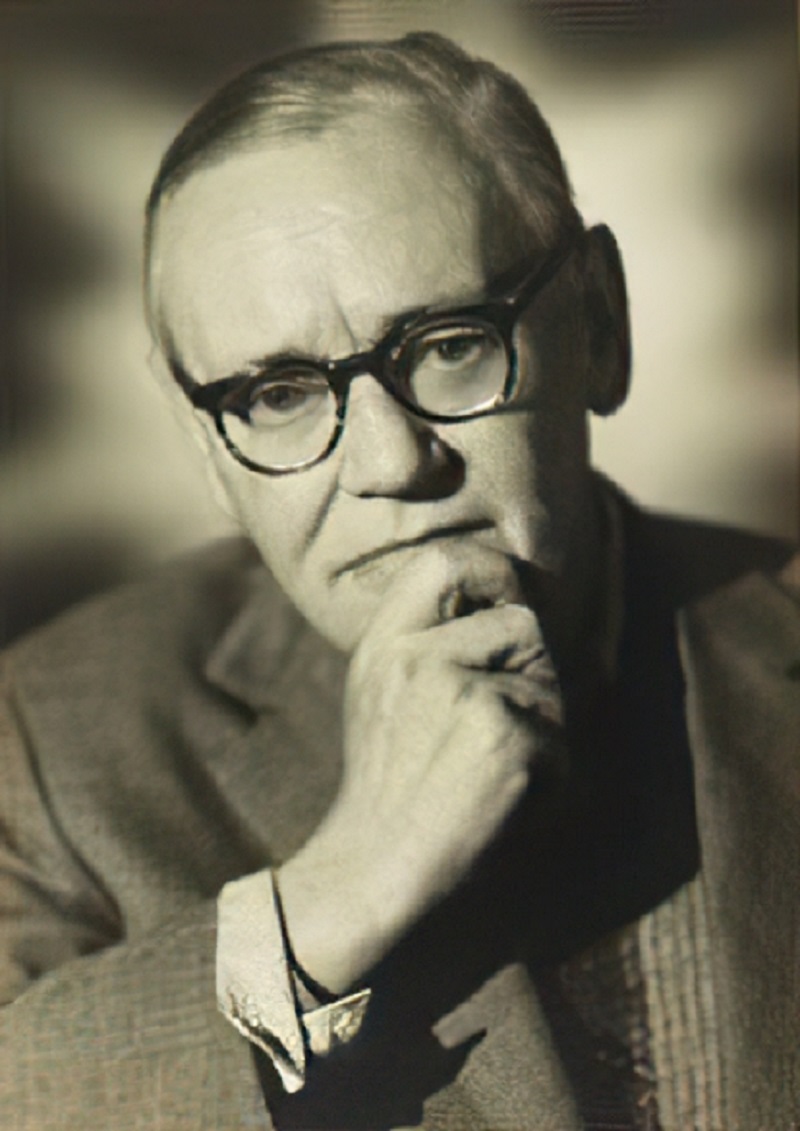
Willi Robert Huth was a German expressionist painter. He studied at the School of Arts and Crafts in Erfurt and Düsseldorf. During the First World War, he served as a soldier. In 1919 he began independent activities in Berlin as an artist. In the same year he joined the expressionist group Jung Erfurt.
With the onset of the Nazi regime, Huth was suppressed as an artist. Later he was even banned from holding exhibitions. Three of his works were confiscated during the "degenerate art movement." In 1944 his studio in Berlin was bombed and all his works were destroyed.
After the war Willy Robert Huth became a drawing teacher and then professor at the Academy of Applied Arts in Berlin.
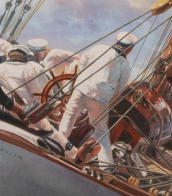

Willi Robert Huth was a German expressionist painter. He studied at the School of Arts and Crafts in Erfurt and Düsseldorf. During the First World War, he served as a soldier. In 1919 he began independent activities in Berlin as an artist. In the same year he joined the expressionist group Jung Erfurt.
With the onset of the Nazi regime, Huth was suppressed as an artist. Later he was even banned from holding exhibitions. Three of his works were confiscated during the "degenerate art movement." In 1944 his studio in Berlin was bombed and all his works were destroyed.
After the war Willy Robert Huth became a drawing teacher and then professor at the Academy of Applied Arts in Berlin.


Willi Robert Huth was a German expressionist painter. He studied at the School of Arts and Crafts in Erfurt and Düsseldorf. During the First World War, he served as a soldier. In 1919 he began independent activities in Berlin as an artist. In the same year he joined the expressionist group Jung Erfurt.
With the onset of the Nazi regime, Huth was suppressed as an artist. Later he was even banned from holding exhibitions. Three of his works were confiscated during the "degenerate art movement." In 1944 his studio in Berlin was bombed and all his works were destroyed.
After the war Willy Robert Huth became a drawing teacher and then professor at the Academy of Applied Arts in Berlin.
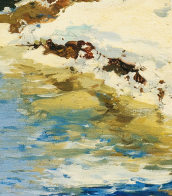
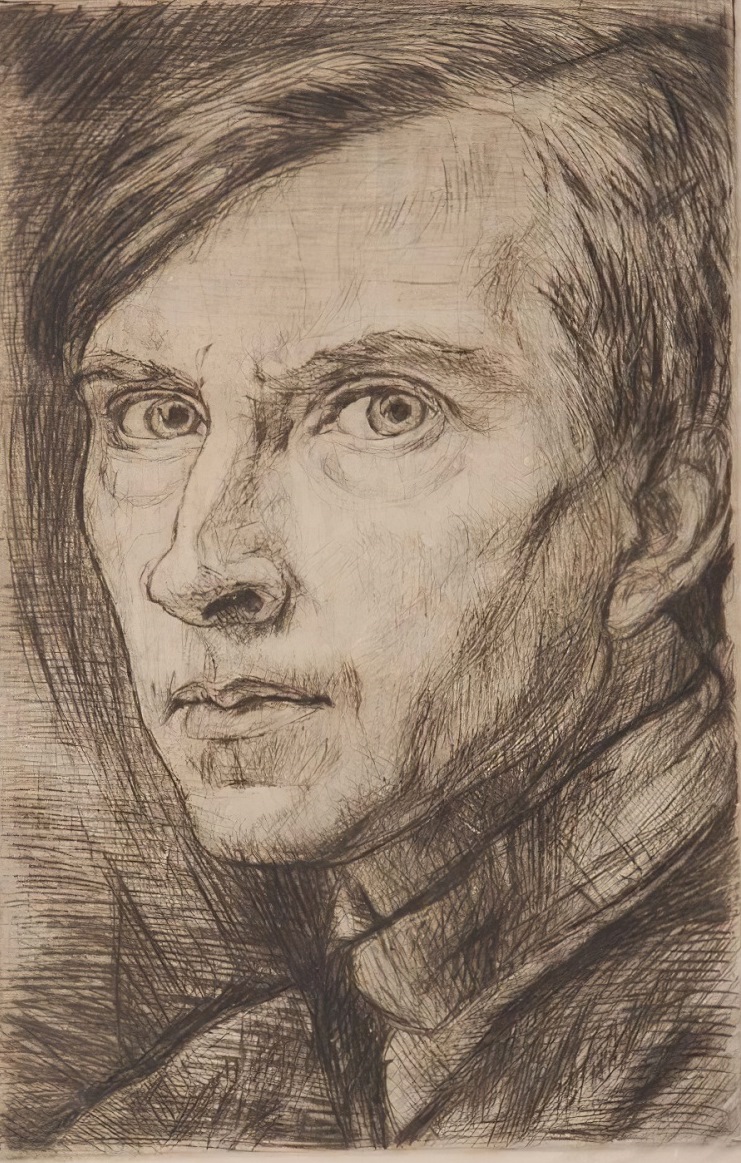
Paul Kother was a German expressionist painter.
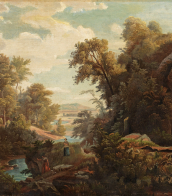

Willi Robert Huth was a German expressionist painter. He studied at the School of Arts and Crafts in Erfurt and Düsseldorf. During the First World War, he served as a soldier. In 1919 he began independent activities in Berlin as an artist. In the same year he joined the expressionist group Jung Erfurt.
With the onset of the Nazi regime, Huth was suppressed as an artist. Later he was even banned from holding exhibitions. Three of his works were confiscated during the "degenerate art movement." In 1944 his studio in Berlin was bombed and all his works were destroyed.
After the war Willy Robert Huth became a drawing teacher and then professor at the Academy of Applied Arts in Berlin.
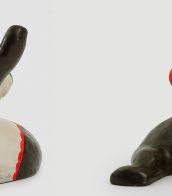
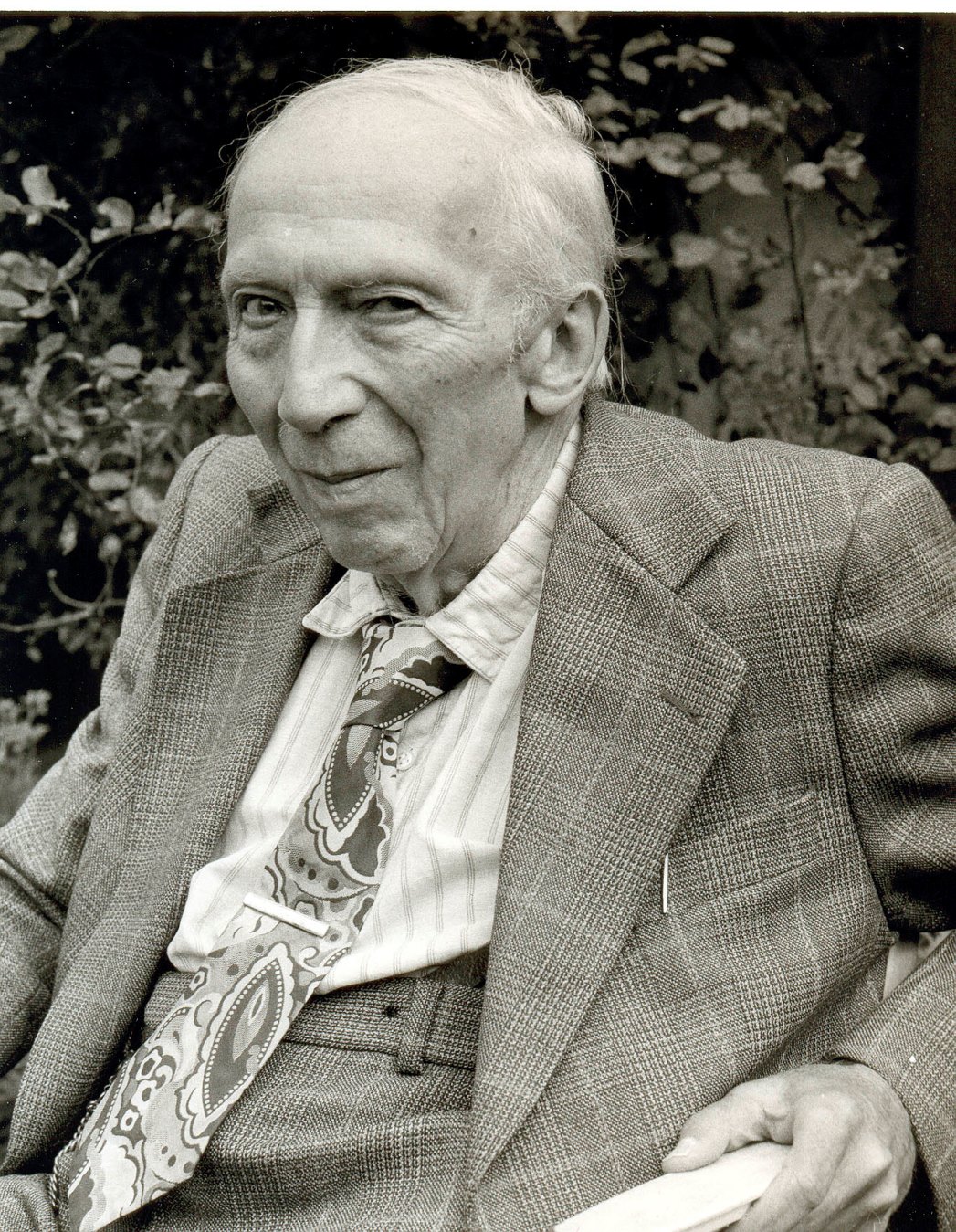
Franz Frank was a German painter.
He studied painting at the Stuttgart Academy of Fine Arts. Frank created many still lifes and landscapes, as well as sketches of everyday life and animals. He exhibited at the Academy in Stuttgart and the Dresden Art Association, and from 1928 he participated regularly in the exhibitions of the association Die Juryfreien in Berlin. Franz Frank took part in an exhibition of the Berlin Secession in 1932, but then the outbreak of the Second World War changed his whole life and he almost never returned to painting again.
